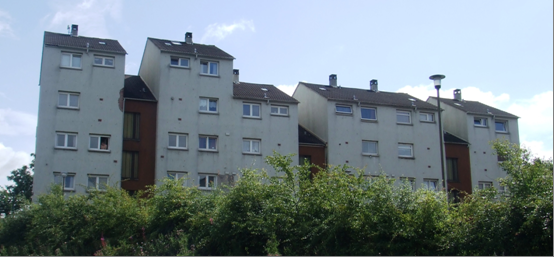Universal Credit will combine several means-tested benefits, tax credits and housing benefit into one monthly payment paid directly to tenants. It will be administered by a large information technology system using real time tax information to update calculations of claimants’ entitlements. The government calculates that savings of £2billion a year will be made although the costs of implementation are estimated at £4billion. The government considers that this will simplify benefits and make it transparent that people would be better off in work rather than being on benefits. Claimants will be encouraged to take responsibility for their finances as they will receive a single direct payment. It is estimated that 2.8million people will see their benefit entitlement increase while 2million will see it reduce. Critics argue that many claimants will find difficulty in managing their money as they are not used to doing this; that using an information technology based system will reduce face to face contact and advice; and that social landlords will face increased costs of income collection and increased arrears and bad debts.

This briefing paper looks in detail at Universal Credit and its implications for landlords, local authorities and claimants.
A copy can be freely downloaded from HERE